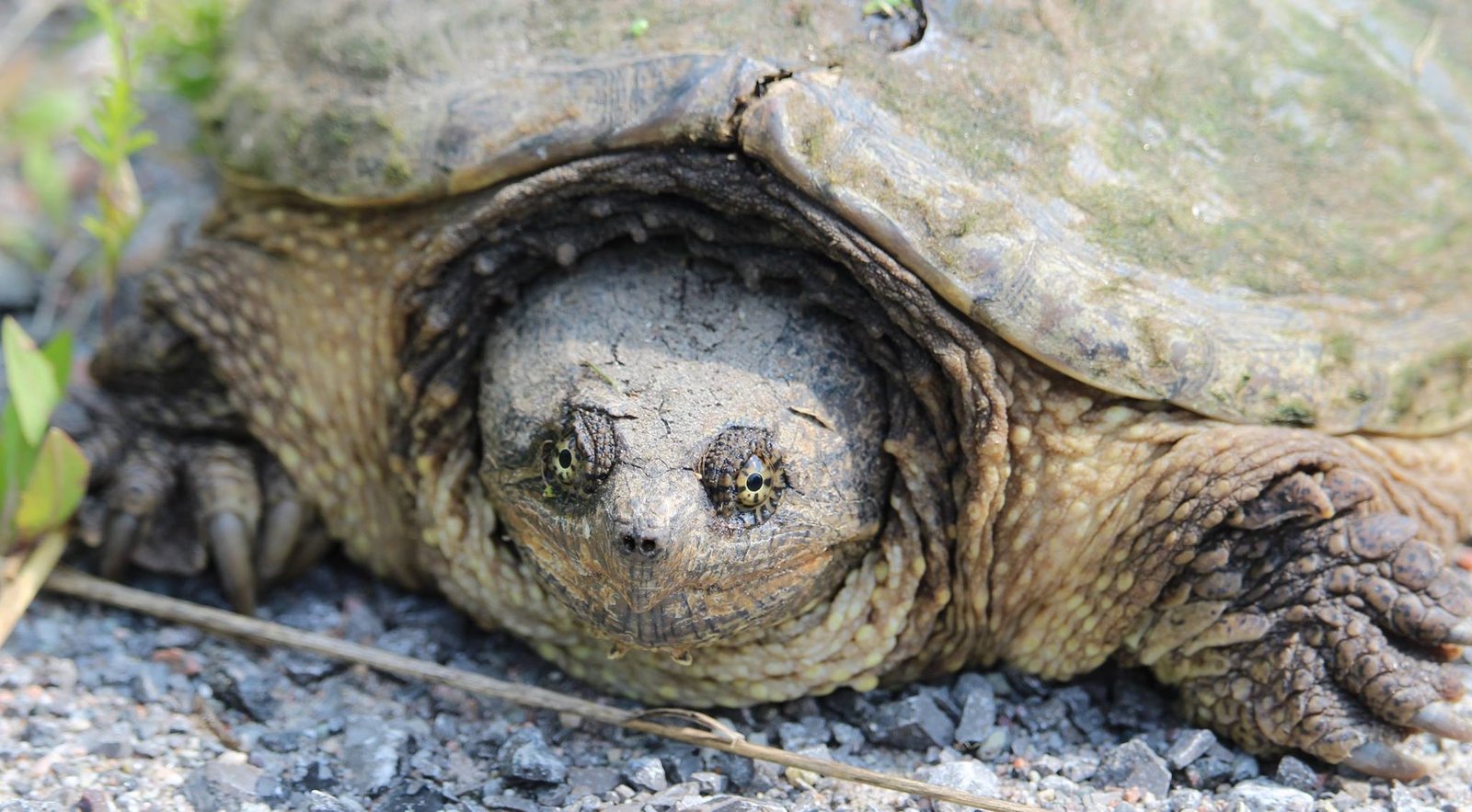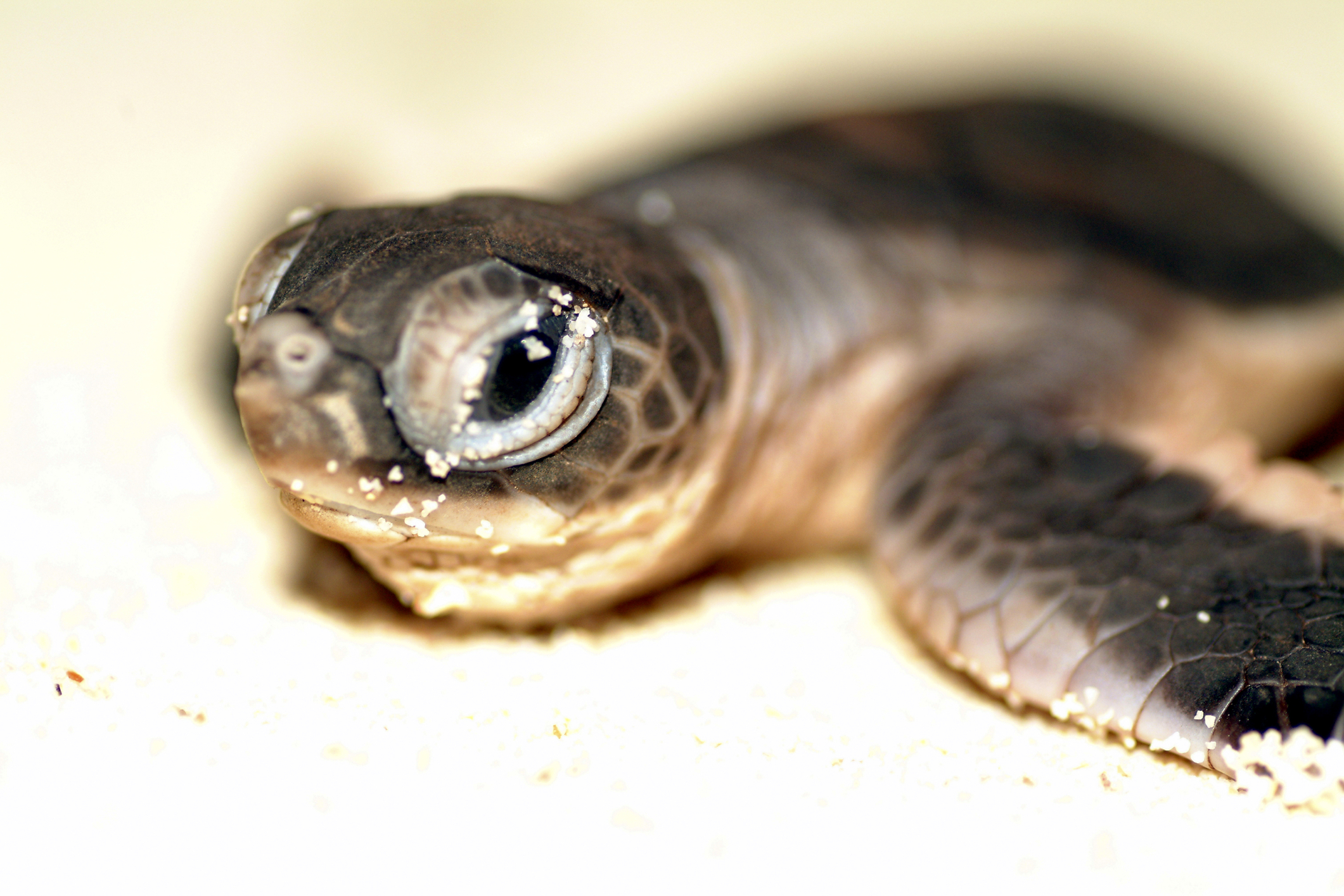Why are Turtles Important to Humans

Turtles have been around for over 200 million years and are some of the most popular pets in the world. But why are turtles so important to humans? Here are a few reasons:
Turtles help keep our ecosystem in balance. They eat insects, which helps control the insect population, and they also eat plant material, helping to keep plants healthy.Turtles are a source of food for many animals, including humans.
In some cultures, turtle meat is considered a delicacy.Turtle shells have been used by humans for centuries as tools, jewelry, and currency.
Turtles are one of the oldest and most popular pets in the world. They have been around for millions of years and are known to be very low maintenance. While they may not be as cuddly as a puppy or as playful as a kitten, turtles can make excellent pets for people of all ages.
Here are five reasons why turtles make great pets:1. Turtles Are Easy to Care ForTurtles are very low maintenance when it comes to care.
They don’t need to be taken for walks and they don’t need to be fed often. As long as you provide them with a clean tank and fresh water, they will be happy.2. Turtles Have a Long Lifespan
Turtles can live for decades, which means that you can enjoy their company for many years to come. If you’re looking for a pet that will stick around, a turtle is a great choice.3. Turtles Are Relaxing to Watch
There’s something calming about watching a turtle slowly swim around its tank. Their slow and methodical movements can help relieve stress and tension after a long day at work or school.
What Will Happen If Sea Turtles Go Extinct | Anuj Ramatri – An EcoFreak
Why are Turtles Important to the Environment
Turtles play an important role in the environment. They help to keep the water clean by eating algae and other aquatic plants. Turtles also help to control the population of fish by eating them.
This helps to keep the ecosystem in balance.
Why are Freshwater Turtles Important
Freshwater turtles play an important role in maintaining the health of aquatic ecosystems. They are voracious predators and help to keep populations of fish, amphibians, and other animals in check. Additionally, their presence can improve water quality by eating algae and other aquatic plants.
Freshwater turtles are also an important food source for many animals, including humans. In some cultures, turtles are considered a delicacy and their meat is highly prized. Turtle eggs are also collected for food in many parts of the world.
Despite their importance, freshwater turtles are declining in numbers due to habitat loss, pollution, and over-exploitation. It is estimated that only 1% of turtle eggs survive to adulthood due to predation and other factors. This means that it is essential to protect existing populations of freshwater turtles and their habitats.
Why are Sea Turtles Important to the Ecosystem
As one of the earth’s oldest and most iconic creatures, sea turtles play a vital role in maintaining healthy marine ecosystems. These gentle giants help keep the ocean clean by grazing on seagrass and algae, which prevents these plants from overgrowing and suffocating coral reefs. In turn, coral reefs provide critical habitat for a wide variety of fish, invertebrates, and other marine life.
By keeping coral reefs healthy, sea turtles indirectly contribute to the health of fisheries around the world.In addition to their role in keeping marine ecosystems healthy, sea turtles are an important cultural icon and are revered by many coastal communities. For centuries, indigenous peoples have relied on sea turtles for food and shelter.
Today, turtle meat is still considered a delicacy in some cultures, while their shells are used to make jewelry, art, and other handicrafts.Despite their importance to both marine ecosystems and human cultures, sea turtle populations worldwide are in decline due to a number of threats including habitat loss/degradation , climate change , fishing activities , pollution , and introduced species . To ensure that these amazing creatures don’t disappear from our oceans forever, it’s important that we all do our part to protect them.
What Would Happen If Turtles Went Extinct
If turtles went extinct, it would have a devastating impact on the environment. Turtles play a vital role in the food chain and are an important part of the ecosystem. They help to keep the population of certain species of fish in check, which helps to maintain the balance of the underwater ecosystem.
In addition, turtles play a key role in dispersing seeds and helping to propagate plants. If they were to disappear, it would cause a ripple effect that could potentially alter the entire landscape.

Credit: www.seeturtles.org
Why Does the Earth Need Turtles?
Turtles are a vital part of the Earth’s ecosystem. They help to keep the environment clean by eating harmful algae and other aquatic plants. turtles also play an important role in controlling the population of fish, frogs, and other animals that live in ponds and lakes.
Without turtles, these populations would grow out of control and damage the delicate balance of the aquatic ecosystem.
What Will Happen If Turtles Go Extinct?
If turtles go extinct, it would have a disastrous ripple effect on the environment. Turtles play an important role in maintaining healthy ecosystems by controlling the population of certain prey species. For example, sea turtles help keep jellyfish populations in check, which can otherwise wreak havoc on marine communities.
If turtles are removed from the equation, jellyfish populations could explode and destabilize whole food chains. Additionally, turtles help disperse seeds and maintain shorelines through their nesting habits. The loss of turtles would therefore lead to a loss of plant diversity and coastal erosion.
In short, the extinction of turtles would have far-reaching and devastating consequences for the planet.
Do Sea Turtles Have the Same Importance to Humans as Other Turtles?
Sea turtles are essential for maintaining ecosystem balance, which is why sea turtles are important. While all turtles have value, sea turtles play a unique role. They help control jellyfish populations and support coral reef health through their grazing habits. Additionally, the tourism industry heavily relies on sea turtles, bringing in revenue and promoting conservation efforts. Protecting these fascinating creatures is crucial for both human prosperity and the overall well-being of our planet.
Why are Tortoise Important to Humans?
Tortoises are among the oldest living terrestrial animals, with some species having been around for over 200 million years. They are an important part of many ecosystems and play a vital role in dispersing seeds and maintaining vegetation. Tortoises also provide food for a variety of predators, including humans.
In some cultures, tortoises are considered good luck symbols and their shells are used as currency or jewelry.Tortoises are slow-moving animals with hard shells that protect them from predators and the elements. The majority of tortoise species live on land, although there are a few aquatic and semi-aquatic varieties.
Tortoises typically have short necks and legs, and some species can grow to be quite large; the largest recorded tortoise was over three feet long and weighed nearly 1,000 pounds!Most tortoise species are herbivorous, feeding on grasses, fruits, vegetables, and other plants. Their diet helps to disperse seeds throughout their habitat and maintain healthy vegetation growth.
Some larger tortoise species may also eat small animals or carrion (dead animals).Tortoises play an important role in many ecosystems as both prey items and seed dispersers. Many predators rely on tortoises as a source of food, including snakes, lizards, birds of prey, and even other tortoises.
When these predators kill a tortoise, they often drop bits of shell or uneaten food elsewhere which help to spread plant seeds around the environment. This process is essential for keeping landscapes diverse and vibrant!
Conclusion
Turtles play an important role in the ecosystem by providing many benefits to humans. For example, turtles help control insect populations and are a food source for many animals. Additionally, turtles help aerate and stir up sediment in ponds and lakes, which helps improve water quality.
Furthermore, the shells of turtles can be used to make jewelry, carvings, and other crafts. Finally, turtles are simply fascinating creatures that bring enjoyment to people who observe them in the wild or keep them as pets.